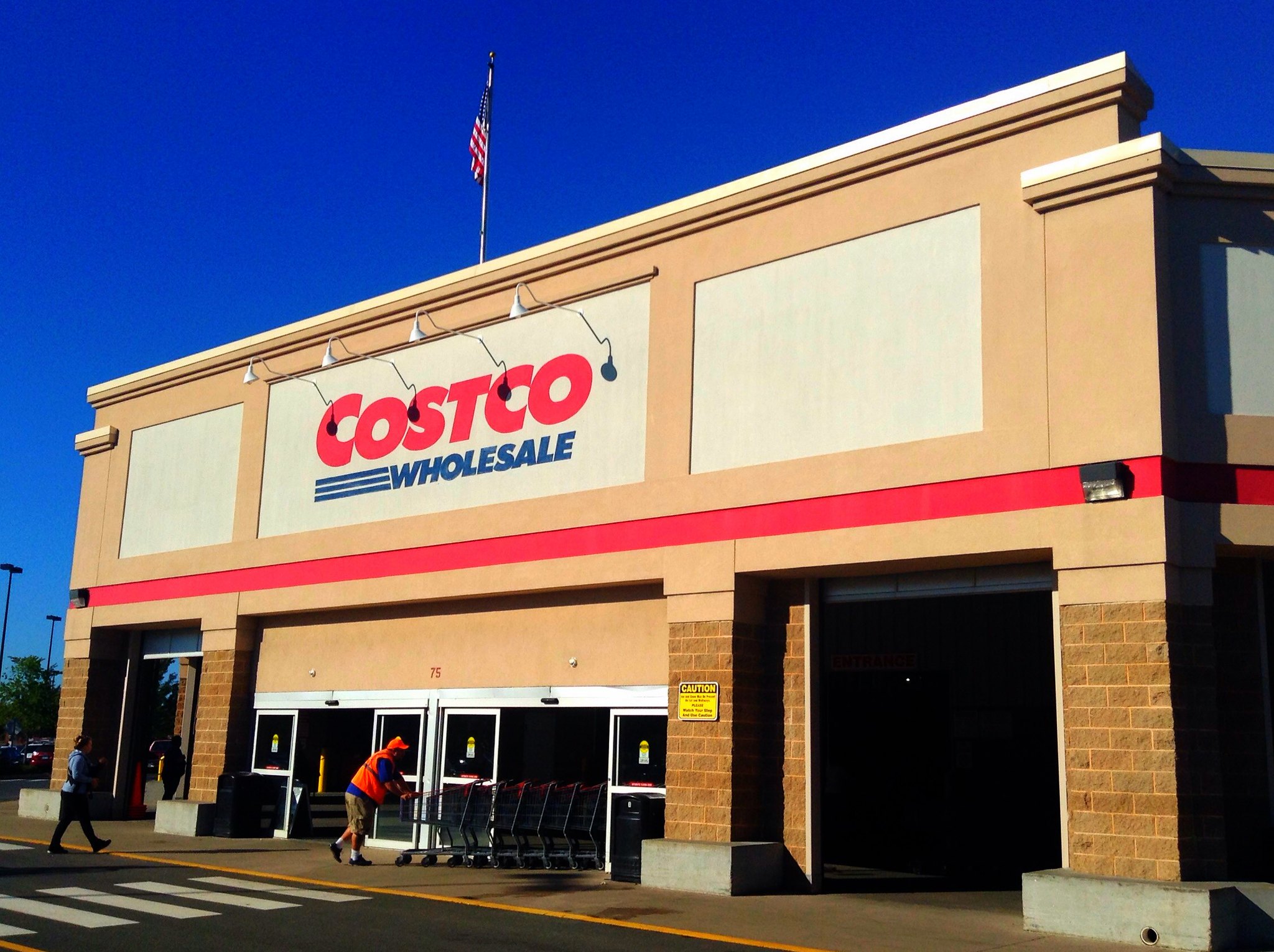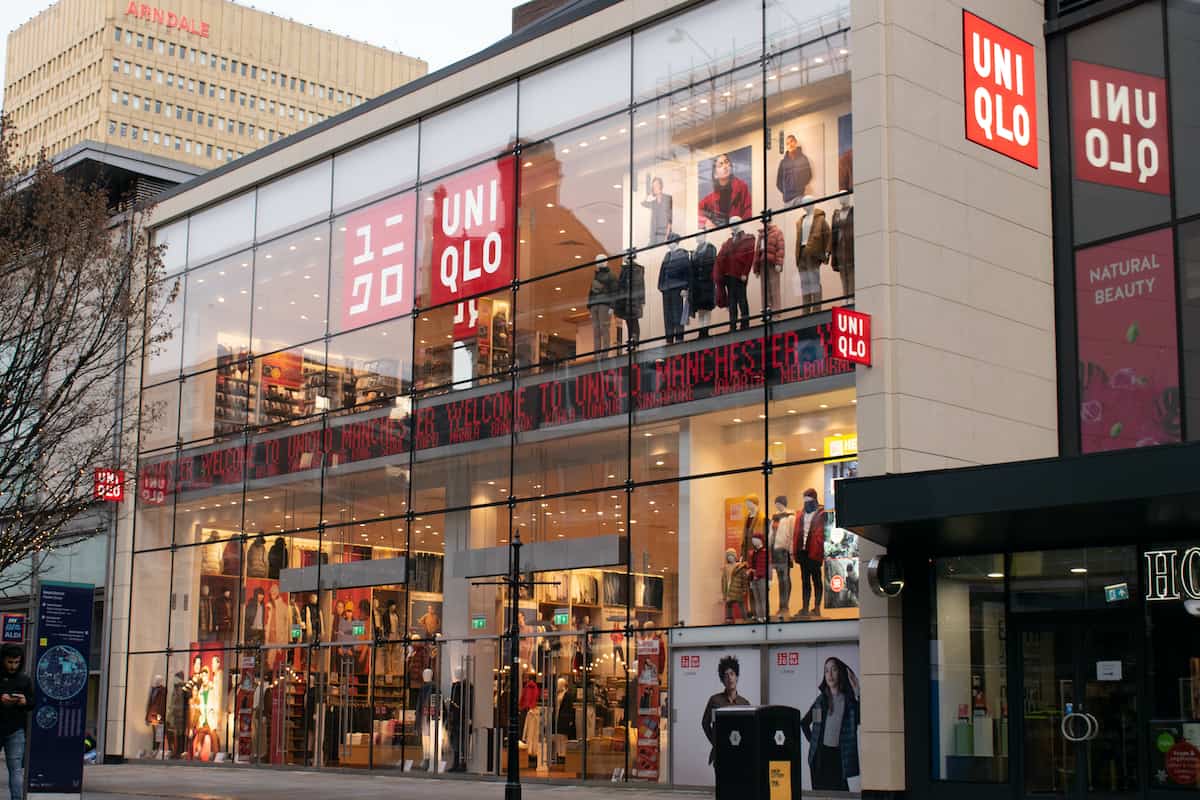Brian McGlynn, VP of Commerce at Coveo
Coveo for Commerce leverages AI to tailor customer interactions to help retailers thrive in today’s experience economy.
Founded: 2005
Headquartered: Quebec City
Employees: 527 employees
Customer deployments: 1500
URL: www.coveo.com
What does your company do?
Coveo uses data and AI to deliver intelligent and personalised search experiences for customers across all touch points.
Coveo is not an add-on or a side initiative and is not limited to a single customer interaction point. On the contrary, Coveo unifies the data companies have to create relevant experiences that are valuable to their customers and ultimately their business.
How does your solution benefit retailers?
Digital leaders such as Amazon have already mastered personalisation, but they are running on massive amounts of data from regular, recurring users, and using it to their business’s benefit with their own technology.
The number of retailers that have access to data like this, and have the resources to act on it, is very small. Moreover, the user data that most businesses can collect is fragmented and incomplete. For example, most of the website visitors don’t log in as they do on sites like Amazon and may not make purchases with the same brand all that often.
Coveo has a unique solution for commerce players aiming at addressing customer needs in a reactive and real-time way. By using the data they do have, personalisation can be possible and frictionless.
Our approach is based on three key pillars:
- Personalisation needs to happen as early as possible in the customer journey
- Personalisation needs to be done with as little user data as possible
- Relying on user history does not address the vast majority of users.
Coveo can use machine learning and behavioural clustering to personalise journeys with a few clicks of an unknown visitor on the site. We are investing heavily in journey understanding, intent mapping and profile permanence.
How does this work in practice?
For example, while searching for running shoes, it may be hard to understand based on one search query what the shopper really wants. However, the sequence of products viewed in a search provides important insights.
Think of the customer journey as a path made of different steps of customer behaviour with the different products viewed as the steps. Now, every retailer has access to more data, even with just cookie tracking of your target audience. If you start thinking of product data as a “space” of user interactions with products, two products that are similar will be closer in the space.
The intention of the users around the running shoes are different from the intentions of users with the casual sneaker; these intentions may not be represented in how the catalogue is organised. A basketball and a pair of basketball shoes are more related by user intent in this “space.” As users browse more through the “space” while viewing products, the user intent can be deciphered and the road to conversion or discovery of additional products can be paved with less data than might otherwise be needed.
How does this translate into the user’s experience?
Coveo actually brings personalisation to all features and touchpoints in the customer journey, not just product recommendations. For instance, the ranking of results is personalised based on the latest actions.
Query suggestions are also personalised: we suggest queries and facets as users type, based on their latest actions. Moreover, Coveo’s dynamic facets, which help customers drill down on search results, are also personalised: these pre-filter the results, according to users’ latest actions.
What is required in terms of integration?
Coveo can integrate with any commerce back-end through configuration, with out-of-the-box configurations available for some digital experience platforms.
Which retailers do you work with?
Many of our customers come from the following verticals:
- Apparel & Footwear
- Home Furnishing & Decor
- Consumer electronics
- Pet Supplies
What do you see as challenges for retailers and suppliers over the coming years?
Improving profitability is and will remain a top priority for retailers over the next years. While it’s no surprise that ecommerce businesses are growing their online revenue, increasing revenues are failing to translate into growing profits.
Coveo helps retailers boost profits: we consider interests other than just ensuring customer satisfaction, so search experiences are also informed by their business priorities – with results being geared toward generating profit, clearing expiring inventory, and satisfying supplier relationships too.
Organisations face a tangled web of data sources and disconnected tech stacks. Forrester recently reported that 16% of surveyed companies had 41 or more data sources for generating customer insights and customer engagement. Coveo helps retailers unify them, which is critical to improve customer experiences and optimise costs. We help retailers get the most out of their tech stack by connecting data from different and potentially fragmented systems.
What targets are you aiming to achieve in the next five years?
Coveo is now one of the 469 Unicorn companies worldwide, a club that none of our competitors has been able to join yet. Some industries have a few clear dominant players capturing most of the market share.
Instead, the market for Digital Commerce Search and Discovery is fragmented and many retailers are still stuck with legacy search solutions or sub-optimal search solutions. This is alarming: those companies that are still waiting to adopt AI-powered search may never catch up, and planning to be “fast followers” won’t be enough. Our goal over the next five years is to continue helping leading retailers with our cutting-edge AI.
Case Study
Leroy Merlin
Leroy Merlin is a France-based retailer of home improvement and gardening products across Europe, Asia, South America, and Africa.
The company was struggling with search relevance. The company has over 25 million online visitors coming to its Italian site, www.leroymerlin.it. The site did not feature strong search tools for navigating the catalogue of 90,000 products across over 1000 categories.
The company selected Coveo for its semantic search intelligence and autocomplete functions.
“We are now able to provide a search interface that delivers what users want in a customised visual experience,” says Giambattista Cerri, head of digital solutions and technology at Leroy Merlin.
“Our conversions from search increased by more than 30% and we learned about our customers in ways we weren’t able to anticipate. Now our merchandisers save more than 3 hours per week each and can finally focus on activities crucial for our business.”
- 30% improvement in conversion rate
- 15% improvement in average order value
- 300 maintenance hours saved in three months
- 300 maintenance hours saved over three months






